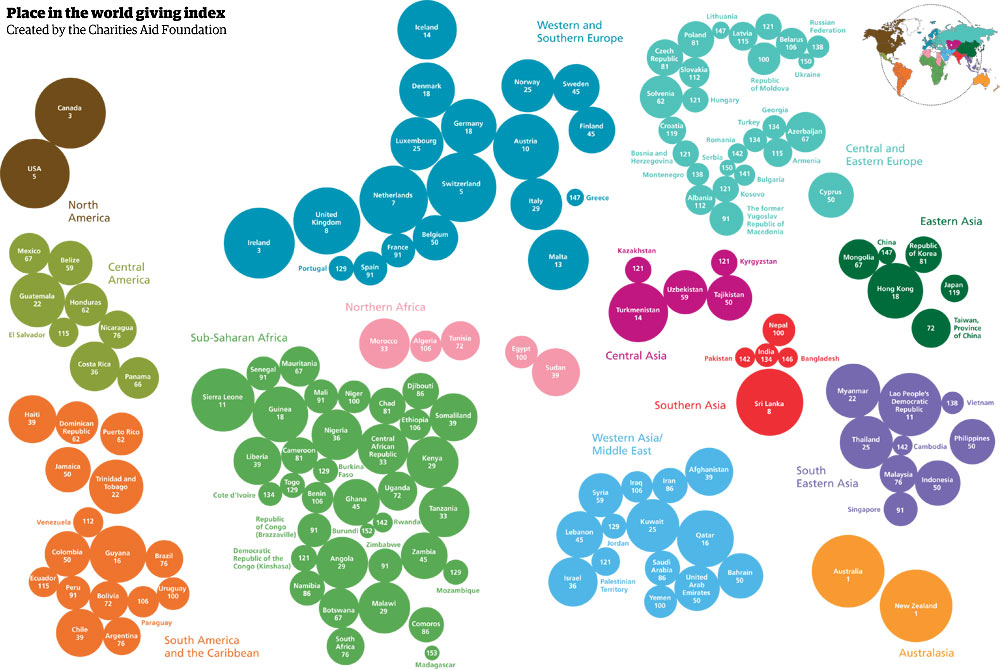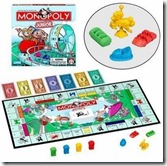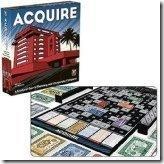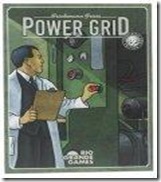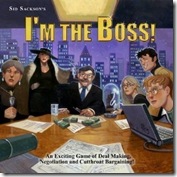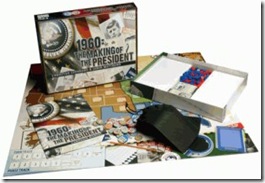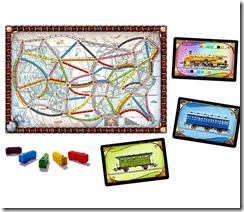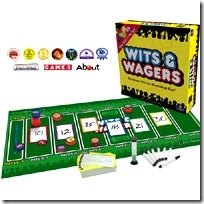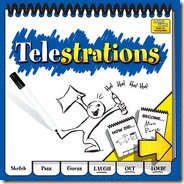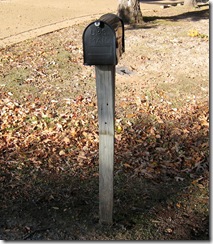As a “Be Our Guest” customer service fan, I’ve read article after article on how to “visit Disney on less money.” I’ve even searched for cheap Disney World tickets (by the way, most are a scam, so unless you know details about the vendor, stay away….especially eBay-sold tickets). I’m not sure any article I’ve read offers the best advice. Although you don’t have to go over-the-top crazy with expenses at the land of the Mouse, there’s no inexpensive trip to Disney: period.
Here’s the truth: there is simply no way to go to Disney on a cut-rate budget and have it not stink. Even if you find cheap Disney World tickets, you’ve still only cracked opened the door.
If you’ve decided to go to Disney without two bags of money, I have a better idea: head to the beach.
At the beach you’ll have tons of free fun with the family and not feel like you’re pinching pennies while everyone around you is enjoying anything with a price tag attached.
If you’ve saved up your hundred dollar bills to visit, here is some better advice: stop searching for cheap Disney World tickets and search instead for value.
By beginning your Disney trip with the knowledge that it’s going to be expensive, your new goal isn’t to save a ton of money, but to get your money’s worth. Sure, you may still opt for the value resort or stay off-site, but now you’re doing it with the knowledge that you’re saving money where it doesn’t count to spend it in places where it’ll add memories.
…speaking of memories, the amounts you’ll spend for each one–even on a budget–is high. However, after several trips to Fantasyland, here are my best five tips to create value on your Disney Trip:
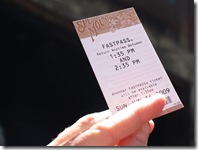
On two different occasions, I’ve walked past people stuck in a line who’ve asked, “how much more did you have to pay for that.” Both were shocked when I answered, “Nothing.”
Do your homework about the attractions you really want to experience. On most days, Fast Pass tickets sell out early, and you can’t get another line-jumping ticket until the time listed on the one you’re holding.
Want more Fast Passes with a slow group? Send a fleet-footed family member to secure your next Fast Pass tickets the second it’s allowed, while everyone else heads toward the next ride. Remember, the person grabbing the new Fast Passes will need tickets for every person in your group when they reach the Fast Pass machine.
2) Experience Disney World restaurants, but do it at lunch. Okay, maybe there are a few ways to save money. The portions at lunch and dinner are similar in size, but the lunch menu is usually less expensive.
Here’s another scoop: There isn’t a huge difference in price between many of the sit down Disney World restaurants and the counter service options. There is, however, a huge difference in quality. Unless you want your kids chowing on chicken nuggets, hot dogs and fries every meal, schedule a few sit down options.
Once again, you’ll need to plan ahead, because geeks like me schedule all the good times early (like six months early). Reserve your seats at the Disney website as soon as possible. Use TripAdvisor or other restaurant and Disney tip sites for good dining options.
Our favorite Disney World restaurants? We’re not the average family, but here’s our top 5:
1) 50’s Prime Time Café – Hollywood Studios
2) Biergarten (while band is playing) – Epcot
3) Whispering Canyons (breakfast) – Wilderness Lodge
4) Cinderella’s Royal Table – Magic Kingdom
5) Coral Reef – Epcot
There are a ton of great eats at Disney, and the service is nearly always impeccable. Especially if your trip involves Epcot, where there are tons of good restaurants, trying the food at a park or two is a great way to unwind and let the Disney service machine pamper you.
3) Take a nap. I had trouble with this one when a friend first mentioned it. We’re at the Magic Kingdom, and I’m going to spend how long getting my kids out to the hotel, then waste an hour or two away from the park, while my expensive-as-all-get-out ticket is on the clock? No way. Well, maybe…. We tried it.
Now, I highly recommend it. You’ll re-enter the park after your relaxing time away and immediately notice stressed out families frowning and nit-picking each other. Not you. Your family is rested and ready to again brave the crowds.
Of course, my nap advice comes with a caveat. You take naps because the best time to be at Disney (for ride lines) is first thing in the morning. If you plan to open and close the parks each day, naps are mandatory.
4) Give children a daily allowance. Although the experience of Disney parks, in my opinion, towers over the experience at regional parks or even Universal, they still pull tricks to weasel money from your wallet. I’m not overly concerned with the high price tag of the store items at the end of nearly every ride in the every park.
My problem? I don’t want to pay for and then haul home a bunch of junk that my kids will ignore the second we leave the premises.
So, we give each child a daily allowance, coupled with an explanation. Here was our speech when our kids were seven years old:
“We’re going to give you an allowance of ten dollars each day. You have a few choices. First, you could blow it immediately. That’s your option. Second, you could save it for the next day. Even if you don’t spend it, you’ll get to save this money. It’s an allowance for you to decide how to best use. So, if you save it until the end of the trip, you’ll have forty dollars for something nice. Your third option is to spend this money on nothing here, but buy something nice for yourself at home or save it into your savings account at home. It’s your choice.”
My daughter blew the money in the first twenty minutes at the park every day. Remember, parents, it’s their money! I’d rather have my daughter make a small mistake with ten dollars than wait until she’s 19 and in college where the mistakes are much bigger. Hold back the urge to stop them from buying junk.
I waited three days before having an important conversation about value and what she actually received for her money. All of the stuff she’d purchased was no longer interesting to her and she had zero cash (equity) to show for it. She’s become a much better saver since then.
My son? He went home with forty dollars and purchased a video game with twenty, then dumped the other half into his savings account.

Those are my best five tips to squeeze value from your Disney trip. These five tips have been invaluable to me over our seven trips to Disney over the years. Although they won’t help you find cheap Disney World tickets, they’ll save you a few dollars inside the park and help you still keep your sanity.
This weekend I’m headed to Orlando to hopefully accomplish something completely crazy. I’m competing in the Goofy Marathon and a Half Challenge Saturday and Sunday. In the contest, I’ll run a half marathon Saturday to win a Donald Duck medal. Then on Sunday, I’ll follow it up by running a full marathon to secure the Mickey Mouse medal. Because I did both, Disney will then award me a Goofy medal.
Now it’s your turn: What Disney tips have best helped your family? Or, do you skip the mouse and do other vacations?





